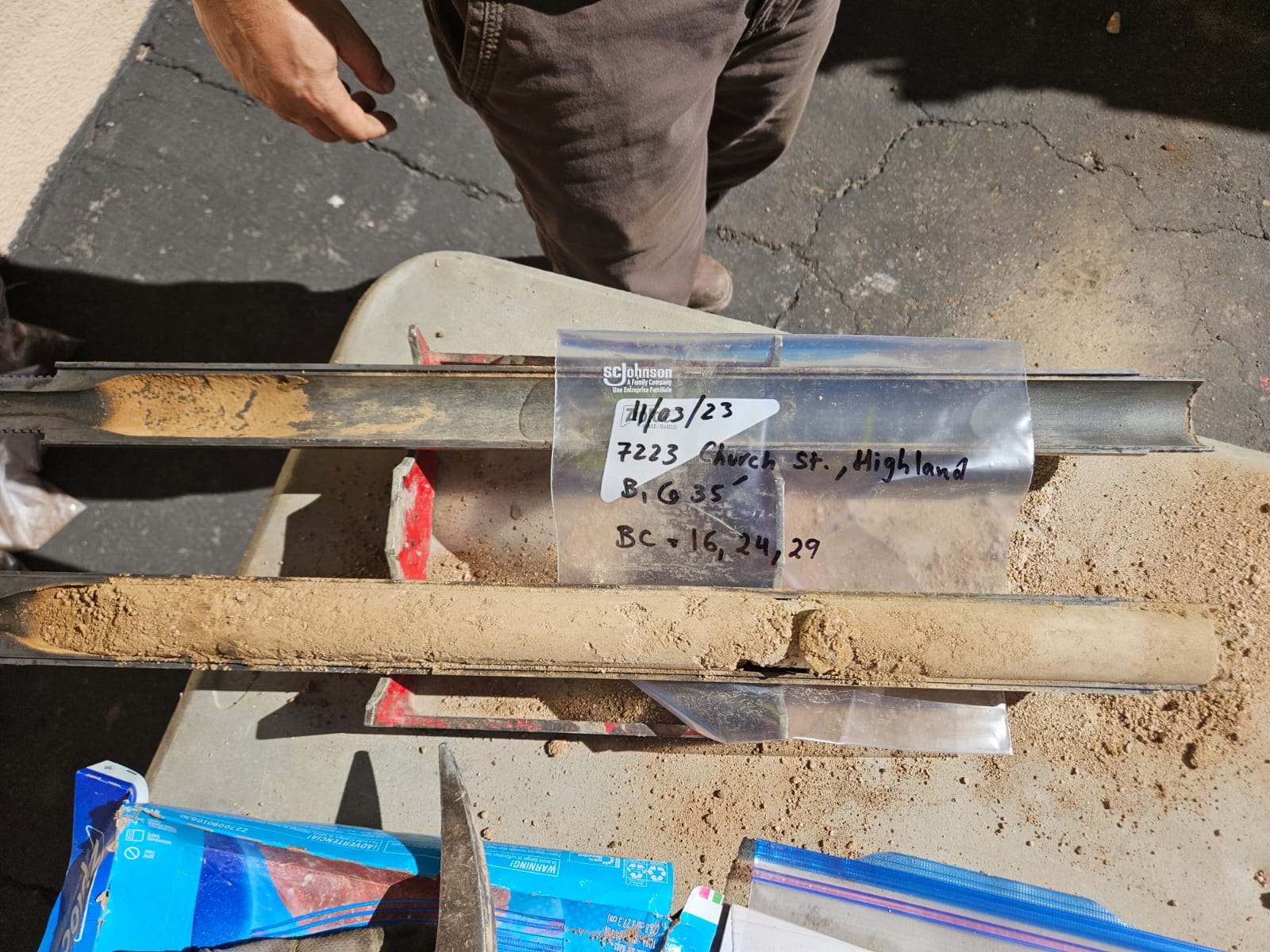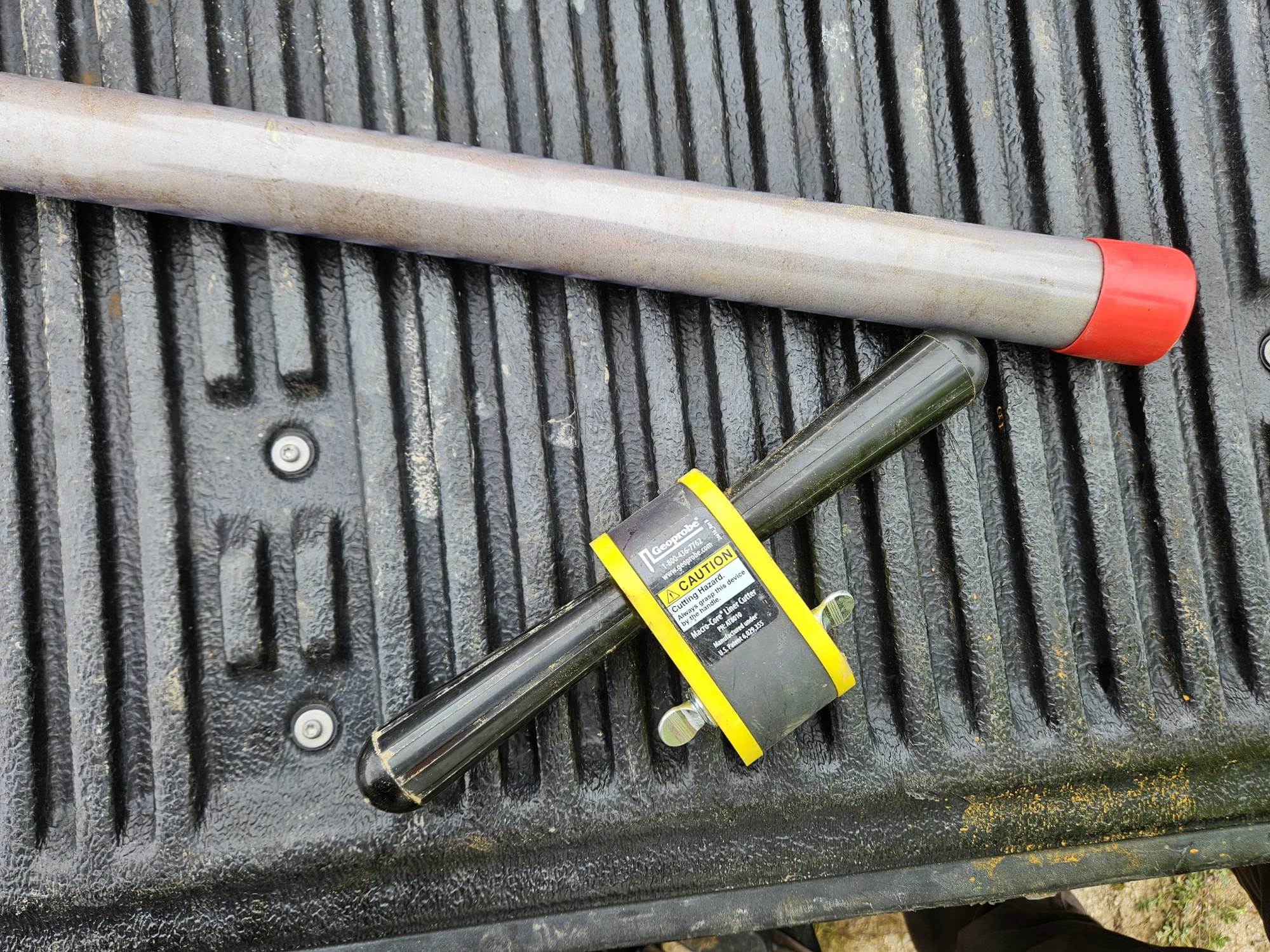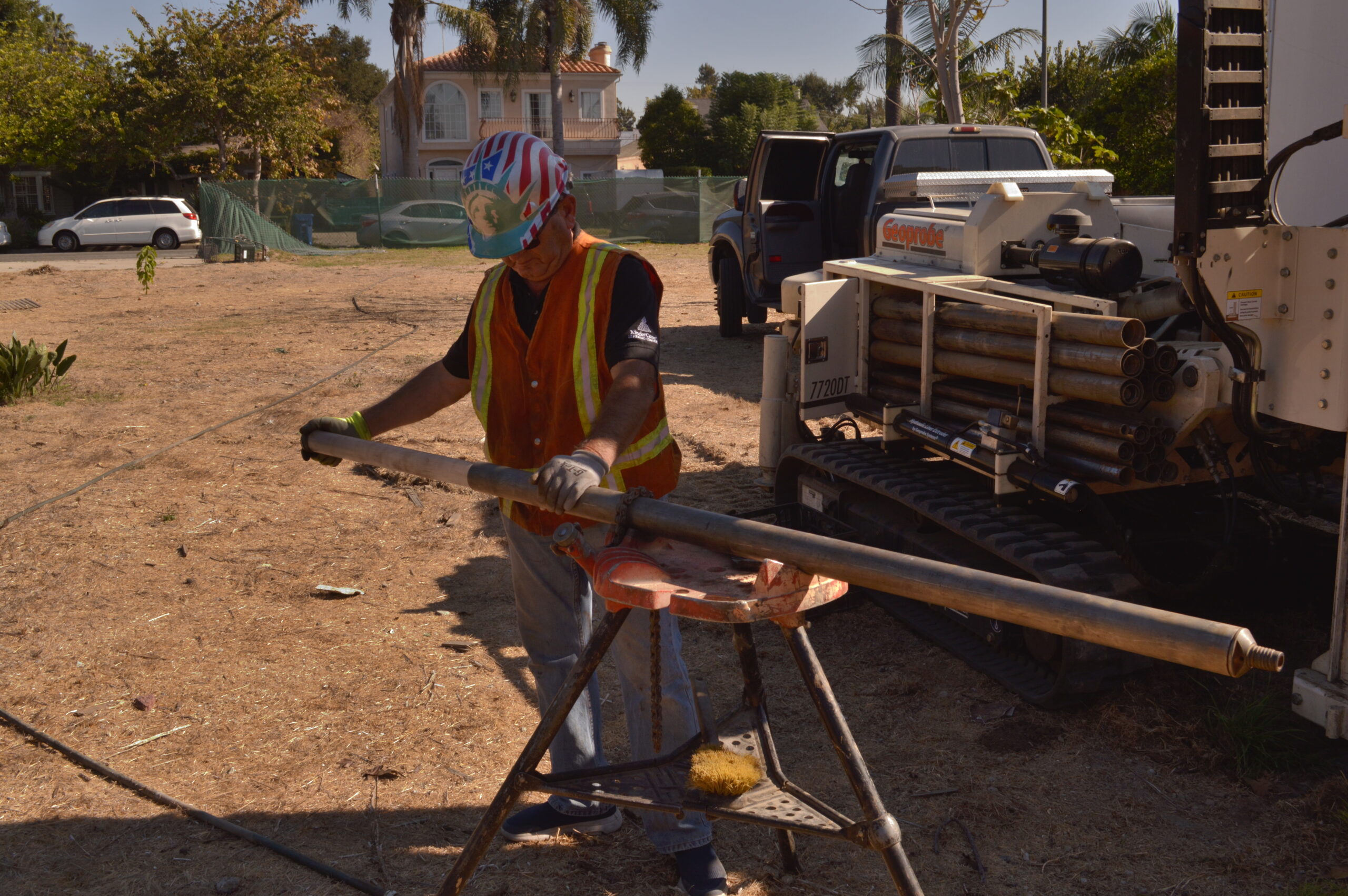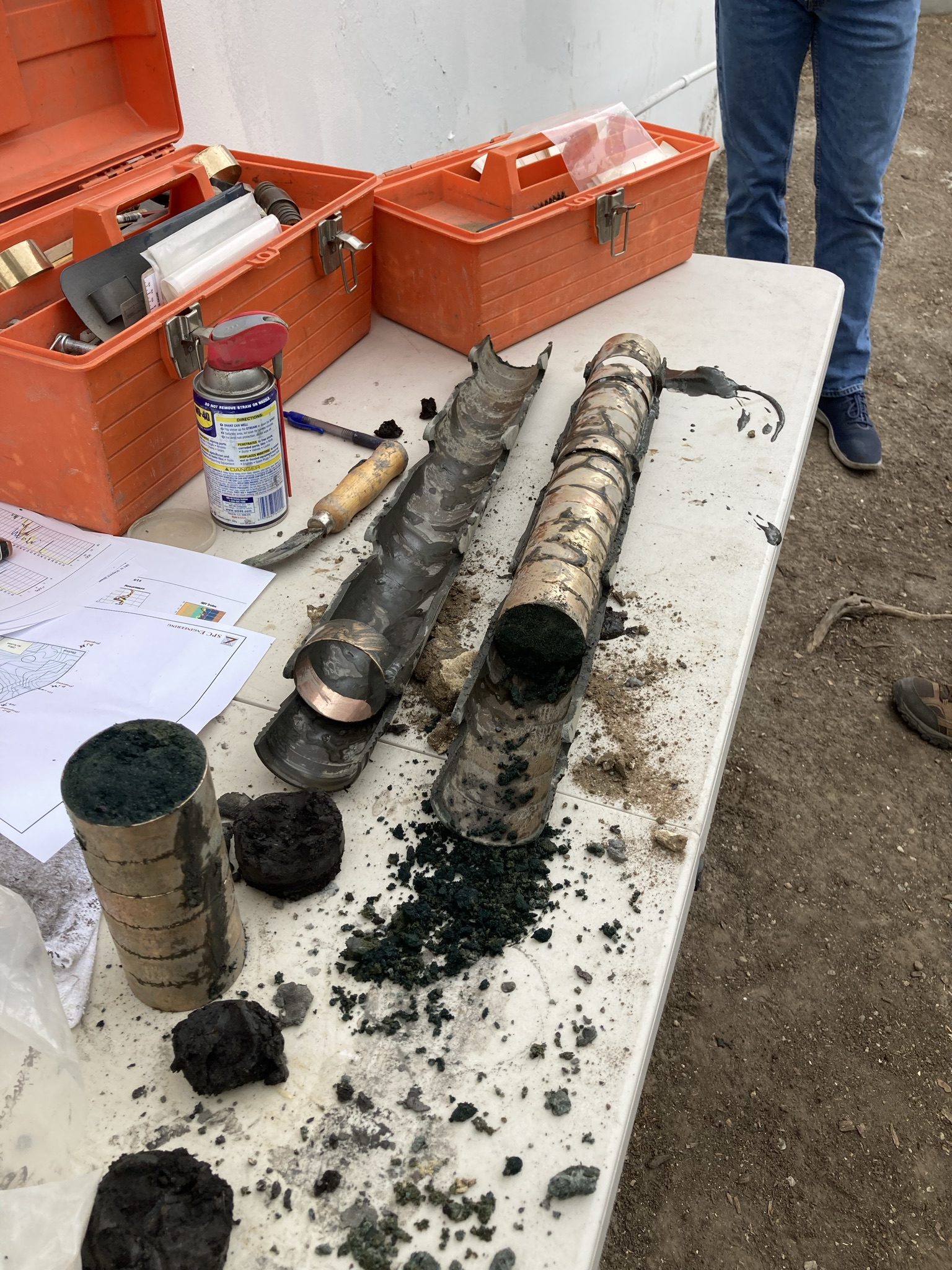Home » Soil Sampling

Soil Sampling
Environmental and geotechnical soil sampling services are crucial for understanding the makeup and potential risks of a site. They involve collecting soil samples for analysis in a laboratory to assess its suitability for construction or potential environmental contamination.
At DEFS we offer meticulous environmental and geotechnical soil sampling services to equip you with the crucial data needed for informed environmental and construction decisions.
In the following section, we dive into the two main types of soil sampling: environmental and geotechnical.
Environmental Soil Sampling
Soil is the foundation of a healthy ecosystem, but it can also harbor hidden threats. Environmental soil sampling is a crucial process for identifying potential contaminants in your land. Environmental soil sampling involves collecting soil samples from a designated area to analyze them for the presence of contaminants like:
- Heavy metals (lead, arsenic, mercury)
- Petroleum hydrocarbons (oil, gas)
- Volatile organic compounds (VOCs)
- Pesticides and herbicides


Why is Environmental Soil Sampling Important?
There are several reasons why environmental soil sampling is important:
Contaminants in soil can pose health risks if ingested or inhaled.
Contaminated soil can significantly decrease property value.
Regulations may require soil testing before construction or land use changes.
Knowing your soil is healthy promotes peace of mind and allows informed decisions.
Geotechnical Soil Sampling
Geotechnical soil sampling is a crucial aspect of any construction project. By collecting and analyzing soil samples, engineers gain valuable insights into the properties and composition of the subsurface. This information is essential for:
Safe foundation design:
Understanding soil strength and stability is necessary to design foundations that can support the weight of the structure.
Evaluation of potential hazards:
Soil sampling can help identify potential hazards such as sinkholes, landslides, liquefaction and expansive soils.
Knowing the soil type and characteristics is essential for planning excavation, shoring, and backfilling activities.
Benefits of Geotechnical Soil Sampling
There are numerous benefits to conducting geotechnical soil sampling before commencing construction. These include:
Reduced construction costs:
By identifying potential problems early on, soil sampling can help avoid costly delays and changes to the construction plan.
Enhanced structural integrity:
Soil sampling allows engineers to design foundations that are tailored to the specific conditions of the site, resulting in a safer and more durable structure.
Mitigated risks:
Early identification of potential hazards allows for the implementation of appropriate mitigation measures, reducing the risk of accidents and injuries during construction.
Types of Geotechnical Soil Sampling Methods
Several methods are employed for geotechnical soil sampling, each with its own advantages and limitations. Here’s a brief overview of some common techniques:
A widely used method that involves driving a split spoon sampler into the ground using a standardized blow count.
This method utilizes a cone-shaped probe to penetrate the soil while measuring continuous data on cone resistance, sleeve friction, and pore water pressure.
A simple and cost-effective method for collecting shallow soil samples using a hand-operated auger.
A method that utilizes a drill rig to drive a hollow sampler into the ground to collect undisturbed soil samples. California modified samples (CalMod) is a standard form of this method in State of California.

Why Choose Us for Environmental or Geotechnical Soil Sampling Services
Expertise:
DEFS’s are professionals understand proper sampling techniques to ensure accurate results.
Reporting:
We could provide detailed reports outlining the findings and recommendations.
Safety:
We prioritize safety during the sampling process.
Equipment:
We have the necessary tools for various depths and soil types.
Do you have a specific project in mind?
Contact us today for a free consultation to discuss your environmental or geotechnical
soil sampling needs and how we can help your project succeed.
